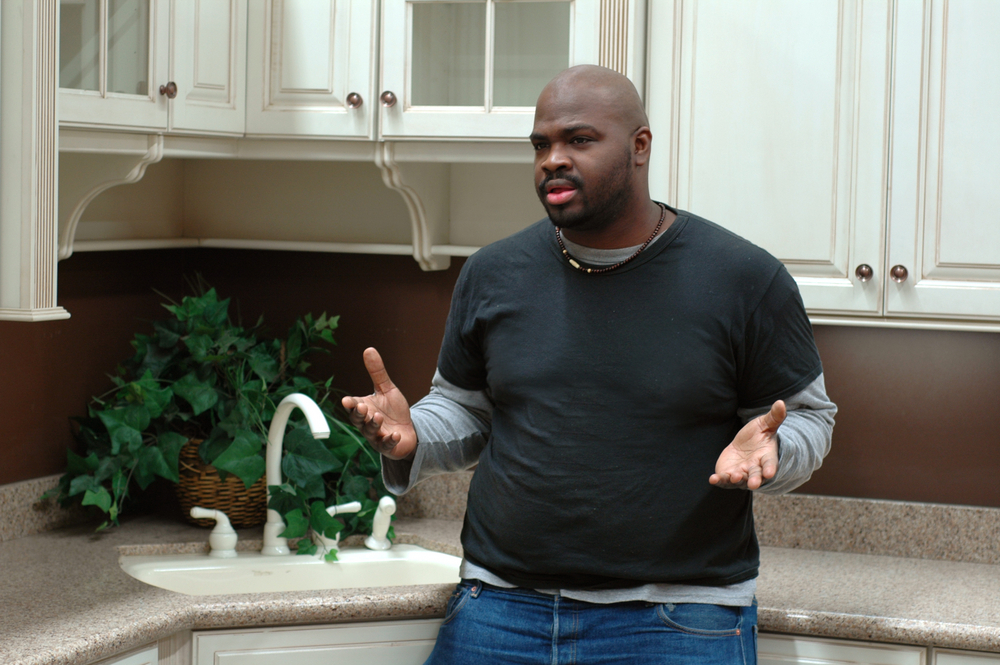Feeling helpless when you’re obese or overweight is a common experience shared by many individuals. This sense of helplessness can stem from various factors, including societal pressures, psychological barriers and physical limitations. Understanding these reasons can help in developing strategies to overcome this helplessness and embark on a journey toward better health and well-being.
Societal pressures and stigma
One of the primary reasons why you might feel helpless if you’re obese or overweight is the pervasive societal stigma associated with these conditions. Society often glorifies thinness and equates it with health and beauty, leaving those who don’t fit this mold feeling marginalized. This stigma can manifest in various ways, from media portrayals to everyday interactions.
Impact on self-esteem: Constant exposure to negative stereotypes can severely impact self-esteem. You might feel judged based on your appearance rather than your abilities or personality, leading to a diminished sense of self-worth.
Discrimination and bias: Discrimination in workplaces, health care settings and social environments can make you feel isolated and undervalued. This bias can discourage you from seeking help or engaging in activities that could improve your health.
Psychological barriers
The psychological barriers associated with obesity and overweight can create a vicious cycle of helplessness. These barriers include feelings of shame, guilt and depression, which can be both causes and consequences of weight issues.
Emotional eating: Many people turn to food as a coping mechanism for stress, anxiety or depression. This emotional eating can lead to weight gain, which in turn exacerbates the feelings of helplessness and emotional distress.
Fear of failure: Past experiences with failed diets or exercise programs can instill a fear of failure. This fear can prevent you from attempting new strategies to lose weight, reinforcing the feeling of being stuck.
Perfectionism: The belief that you must be perfect in your weight loss efforts can be paralyzing. If you set unrealistic goals and fail to meet them, you might feel like giving up altogether.
Physical limitations
Physical limitations can also contribute to the sense of helplessness when you’re obese or overweight. These limitations can make it challenging to engage in physical activities, which are crucial for weight management and overall health.
Mobility issues: Excess weight can put a strain on your joints and muscles, making movement painful or difficult. This can lead to a sedentary lifestyle, further exacerbating weight gain and health problems.
Health complications: Obesity is associated with various health complications, such as diabetes, hypertension and sleep apnea. Managing these conditions can be overwhelming and can make it seem like losing weight is an insurmountable task.
Lack of energy: Carrying extra weight requires more energy for basic activities, leading to fatigue. This lack of energy can reduce your motivation to exercise or prepare healthy meals.
Breaking the cycle of helplessness
Despite these challenges, it is possible to break the cycle of helplessness and take control of your health. Here are some strategies to consider:
Seek support: Building a support system can provide the encouragement and accountability you need. This can include friends, family, support groups or professional counselors.
Set realistic goals: Instead of aiming for drastic weight loss, focus on small, achievable goals. Celebrate your progress — no matter how minor it seems — to build confidence and momentum.
Focus on health, not weight: Shift your focus from losing weight to improving your health. This mindset can reduce the pressure and make the process more enjoyable and sustainable.
Address emotional eating: Identifying and addressing the emotional triggers that lead to overeating is crucial. This might involve seeking therapy or finding alternative coping mechanisms.
Incorporate enjoyable activities: Find physical activities that you enjoy and can comfortably do. This can include swimming, walking or yoga. Enjoyable activities are more likely to become lasting habits.
Educate yourself: Knowledge is power. Educate yourself about nutrition, exercise and the psychological aspects of weight management. This can empower you to make informed decisions and take control of your health.
Managing feelings of helplessness while overweight or obese
Feeling helpless when you’re obese or overweight is a complex issue influenced by societal pressures, psychological barriers and physical limitations. However, understanding these factors can help you develop strategies to overcome them. By seeking support, setting realistic goals, focusing on health, addressing emotional eating, incorporating enjoyable activities and educating yourself, you can break the cycle of helplessness and embark on a journey toward a healthier and happier life. Remember, the journey to better health is a marathon, not a sprint, and every small step forward is a victory.
This story was created using AI technology















